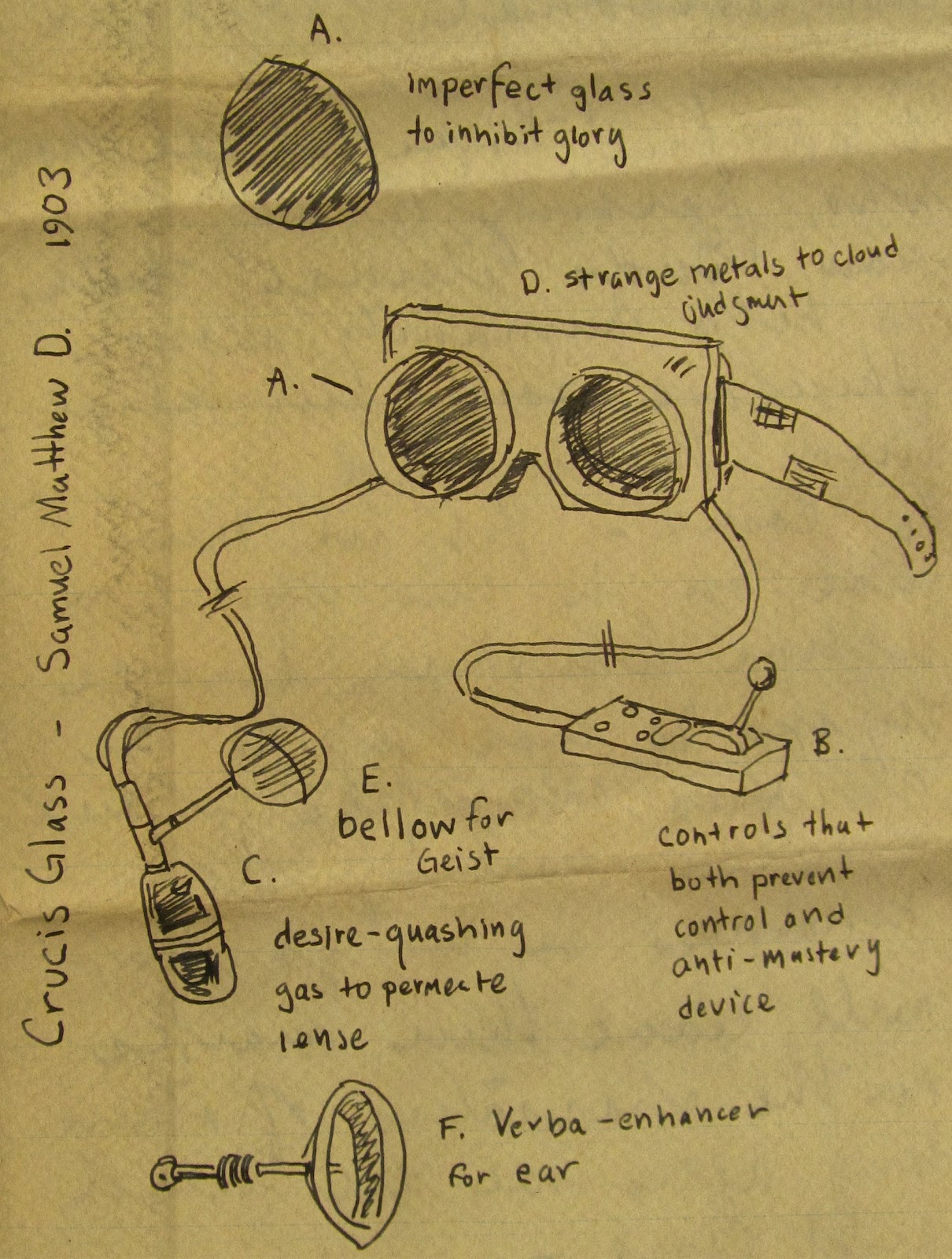There's no getting around that a big part of steampunk, especially in its cinematic iterations, is about style. It's about the cool factor, the best example of which are the recent
Sherlock Holmes movies.
In other words, it is about the steam, and the brass, and the alternative histories proceeding from a specific past--but steampunk is also about the punk. It's cool, and cool specifically in the way a nerd can beat you up with his or her toys is considered "cool."
Which begs the question how theology can be steampunk. Is there any value in offering theology a cool factor. Is patina a theological category? Is theology a style?
I think the answer, if we are honest, is yes. Various theologians gain a certain caché if they can convince their readers that they are moving forward, theologically speaking, out of an alternative and reconstructed golden era. Radical orthodoxy is like this, with its constant references back to Duns Scotus.
Then there are the Barthians. Or the two authors of this blog, both of whom would like to see theologies based out of
St. Maximus the Confessor on the ascendancy. Let's not even start talking about Whitehead.
Theologians do the steam punk thing especially by name dropping. Clergy do it with their clothes (and so quite like the actual steampunk movement).
But the real question is, does this patina matter for the substance, or is it "only" patina.
Here, steampunk offers an insight. For steampunk, the patina
is the substance. What you see is what you get. One might say the same for steampunk theology. It isn't just that theologians like to drop names, it is that those names matter, and quick references to them dredge up whole alternative trajectories that those in the know, know.




















